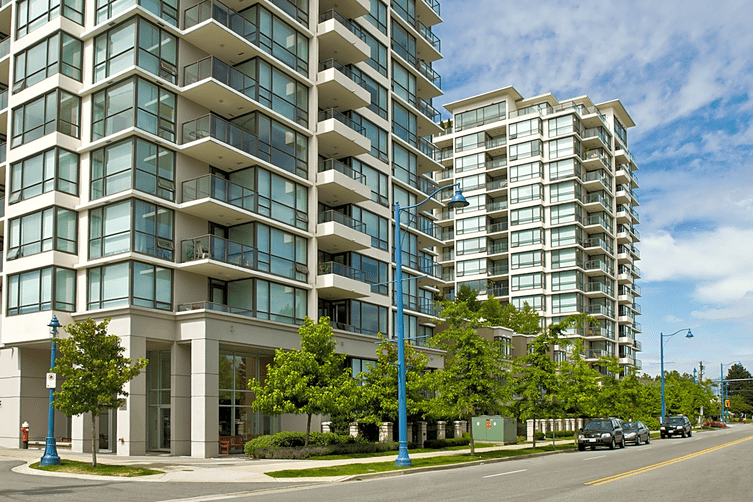More rental housing should be coming to Richmond, but a new policy to achieve this passed with some reluctance from city councillors.
Some Richmond city councillors said there were more carrots than sticks in a new policy requiring 15 per cent rental units in all new large developments, with words like “concerns” and “ambivalent” expressed at Monday’s public hearing on the issue.
While a policy is already in place to require rental units in large developments in Richmond’s City Centre area, the new policy would apply that principle across the entire city.
Coun. Andy Hobbs said he also supported the policy, but he added he had some concerns.
“I’ve seen a lot of sticks – the carrots are less obvious to me,” he said about the policy.
And he questioned whether the new rental policy would accomplish what council has set out to do, namely adding more rental housing in the city.
Coun. Linda McPhail said, while supporting the policy, she felt “ambivalent” about it. She pointed out the construction industry is currently being hit with many setbacks, including a labour shortage and higher labour costs as well as supply chain problems.
These, she said, will be passed on to the consumer.
Apartment and townhouse developments that have 60 or more units will be required to have 15 per cent of the homes as market rental units.
This is in addition to the requirement of large developments to have 15 per cent low-end market rental in City Centre, and 10 per cent elsewhere in the city.
Housing developments with less than 60 units have the option to provide cash-in-lieu that will go towards the city’s affordable housing fund, or they could get a density bonus to build market rental units.
This new policy applies to all areas that are already zoned for multi-family buildings as well as some commercial properties in City Centre.
The policy passed in an 8-1 decision with Coun. Chak Au voting against it. He said he would have preferred more incremental numbers so that the larger the development, the higher the number of rental units required.



